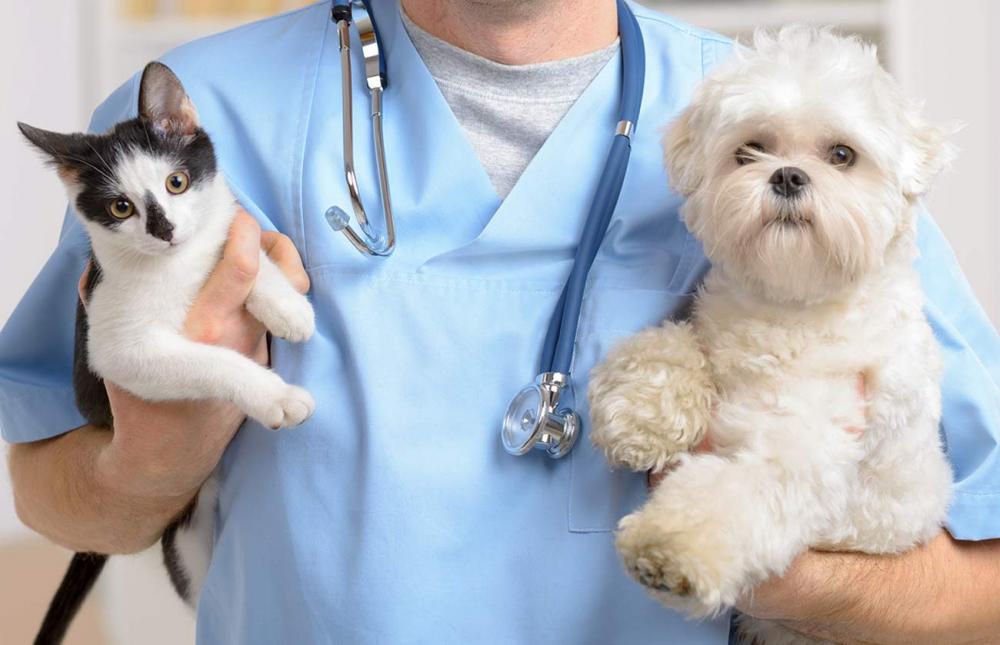Pets are cherished members of our families, providing companionship, love, and joy. Ensuring their health and happiness requires more than affection—it requires knowledge, responsibility, and access to professional care. A pet clinic plays a crucial role in maintaining the physical and emotional well-being of your animal companion, offering services ranging from preventive care to advanced medical treatment. Understanding the role of a pet clinic helps owners provide the best possible care for their furry friends.
The Importance of Regular Veterinary Care
Regular veterinary care is foundational for a pet’s overall health. Routine check-ups allow veterinarians to monitor growth, detect illnesses early, and provide guidance on nutrition, exercise, and lifestyle. Visiting a pet clinic ensures that your pet receives timely vaccinations, parasite prevention, and health screenings that protect them from serious diseases.
Professional veterinary care goes beyond treating illnesses. It is about prevention, education, and long-term monitoring. A pet clinic helps owners develop a personalized healthcare plan, tailored to their pet’s age, breed, lifestyle, and specific health needs.
Preventive Care: Protecting Your Pet’s Health
Preventive care is the cornerstone of responsible pet ownership. Vaccinations protect pets from contagious diseases, while flea, tick, and worm treatments reduce the risk of infections and infestations. Dental care is another critical aspect often overlooked—untreated dental problems can lead to gum disease, tooth loss, and systemic health issues.
Routine health screenings, including blood tests and physical examinations, help identify potential problems before they become serious. Early detection of conditions such as kidney disease, diabetes, or heart problems significantly increases the effectiveness of treatment and improves recovery outcomes.
Nutrition and Exercise for Optimal Well-Being
Proper nutrition and regular exercise are essential to maintaining a pet’s health. Diet plays a key role in supporting energy levels, growth, immune function, and organ health. Each pet requires a diet appropriate to their species, age, and activity level, with balanced nutrients that support long-term well-being.
Exercise complements nutrition by promoting physical fitness, mental stimulation, and emotional balance. Dogs benefit from daily walks, playtime, and social interaction, while cats require toys, climbing structures, and activities that encourage movement. Active pets are healthier, happier, and less prone to behavioral problems or obesity-related illnesses.
Recognizing Signs of Illness
Pets often hide signs of discomfort or illness, making it essential for owners to be observant. Changes in appetite, energy levels, behavior, or grooming habits may indicate underlying health issues. Common warning signs include vomiting, diarrhea, lethargy, excessive scratching, coughing, or sudden aggression.
A pet clinic can conduct diagnostic tests to confirm health concerns, including blood work, urinalysis, X-rays, or ultrasounds. Early intervention ensures quicker recovery, minimizes complications, and prevents minor issues from becoming major health problems.
Senior Pet Care: Supporting Aging Companions
As pets age, their healthcare needs evolve. Senior animals may experience joint stiffness, decreased mobility, vision or hearing loss, and chronic conditions such as kidney or heart disease. Regular visits to a pet clinic help monitor these changes and provide solutions to maintain quality of life.
Dietary modifications, joint supplements, and gentle exercise routines help aging pets stay active and comfortable. A calm and consistent environment, along with emotional support, ensures they remain happy and secure throughout their senior years.
Grooming and Hygiene
Grooming is a vital part of pet care that contributes to both comfort and health. Brushing removes loose hair, dirt, and tangles, while bathing prevents skin infections and keeps the coat clean. Nail trimming, ear cleaning, and eye care prevent discomfort and long-term complications.
Grooming sessions also allow owners to inspect pets for abnormalities, such as lumps, skin irritation, or parasites. Maintaining hygiene is especially important for long-haired pets and those that spend time outdoors.
Mental and Emotional Well-Being
A pet’s emotional health is just as important as physical health. Stress, anxiety, or boredom can lead to destructive or aggressive behaviors. Mental stimulation through toys, puzzles, interactive play, and social interaction promotes cognitive function and emotional stability.
Consistency in routine—feeding, play, walks, and sleep schedules—helps pets feel secure and confident. A strong bond between pet and owner enhances trust, reduces anxiety, and contributes to overall happiness and well-being.
Emergency Preparedness
Emergencies can happen unexpectedly. Knowing how to respond and having access to emergency veterinary services is essential. Pet clinics provide immediate care for injuries, poisoning, sudden illnesses, and other critical conditions.
Pet owners can prepare by keeping a first-aid kit at home, knowing basic pet first-aid measures, and having contact information for nearby clinics. Quick response in emergencies can save lives and reduce the severity of injuries or illness.
Building a Lifelong Relationship with Your Vet
Developing a long-term relationship with a veterinarian is beneficial for pets and owners alike. Familiarity with a pet’s medical history and behavior allows veterinarians to provide personalized care, tailored recommendations, and early interventions when necessary.
Regular communication with your veterinarian ensures that concerns about behavior, nutrition, or health are addressed promptly. They also provide guidance on preventive measures, training, and lifestyle adjustments to support your pet’s overall well-being.
Final Thoughts
A pet clinic is an essential partner in maintaining the health and happiness of your companion animal. Through preventive care, routine check-ups, diagnostics, grooming, and emergency support, veterinary professionals ensure that pets live long, healthy, and fulfilling lives.
Responsible pet ownership involves attention to physical, emotional, and behavioral needs, combined with professional guidance. By prioritizing visits to a pet clinic, providing proper nutrition, and maintaining exercise and mental stimulation, pet owners can ensure their companions thrive, enjoy a high quality of life, and remain loyal, happy members of the family.

